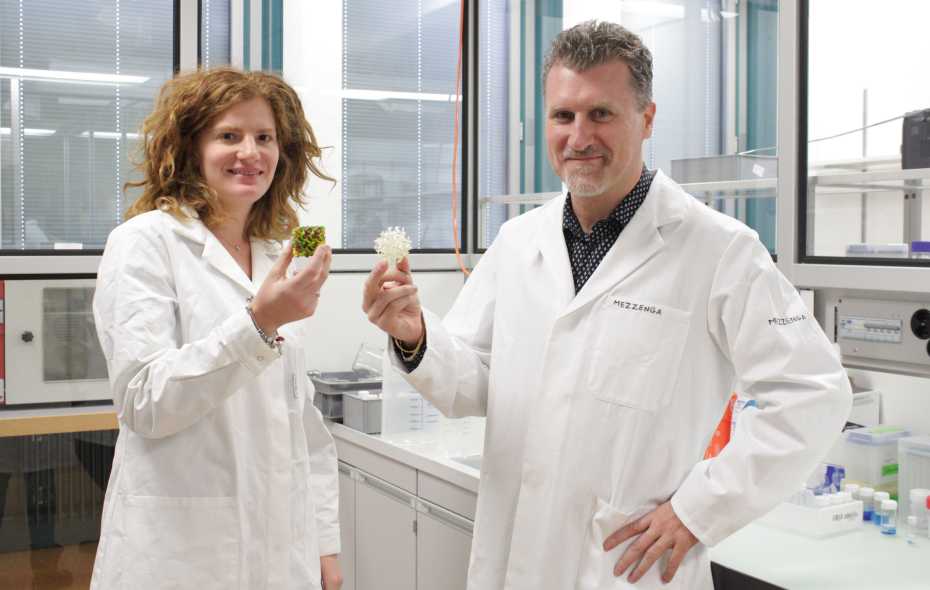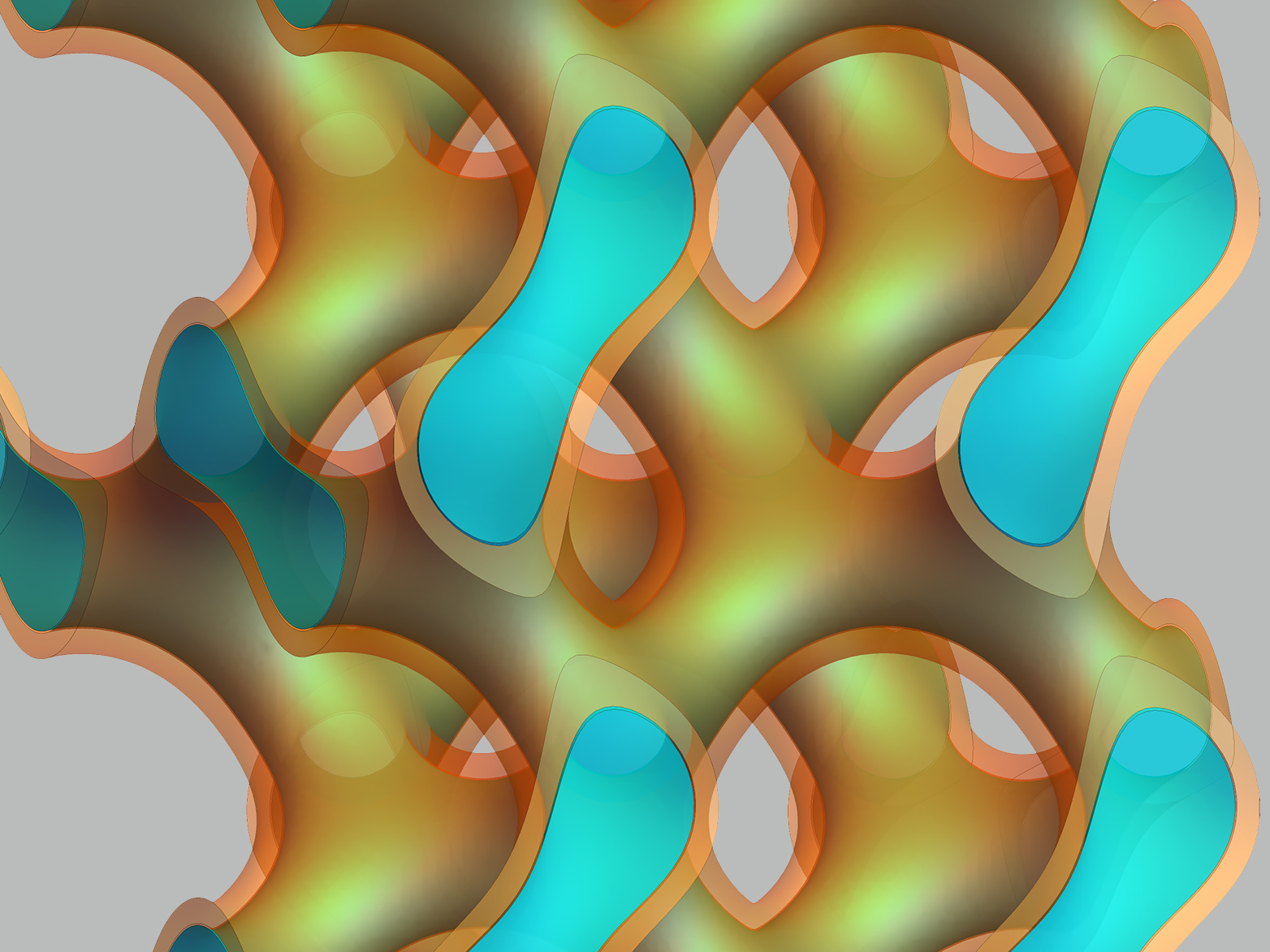In brief: Bacteria used to model this new technique produce a special type of self-assembling lipids that naturally confine water in their interior, thus allowing them to survive in extremely cold environments.

Researchers from the University of Zurich and ETH Zurich have developed a method to prevent water from forming ice crystals, allowing it to retain the familiar amorphous characteristics of a liquid even at extremely low temperatures.
To get there, researchers designed and synthesized a new class of lipids to create a “soft” biological matter referred to as a lipidic mesophase.
“In this material, the lipids spontaneously self-assemble and aggregate to form membranes, behaving in a similar way as natural fat molecules. These membranes then adopt a uniform arrangement to form a network of connected channels that measure less than one nanometer in diameter.”
What’s unique about this structure is that it leaves no room for water to form the three-dimensional lattice structures that result in ice crystals. As such, the molecules remain unorganized, allowing the water to continue to flow.

The lipids form net-like branched membranes which enclose water (light blue).
The team used liquid helium to cool a lipidic mesophase consisting of a chemically modified monoacylglycerol to minus 263 degrees Celsius, or just 10 degrees Celsius above absolute zero. Even at this extreme temperature, no ice crystals formed.
What practical application does the discovery tackle? According to the researchers, the new lipidic mesophases will primarily serve as a tool for other scientists to non-destructively isolate, preserve and study biomolecules in membrane-mimicking environments. This, in turn, can help biologists better understand the structure and function of proteins, for example.
Those interested in learning more are encouraged to check out the team's report which was recently published in the journal Natural Nanotechnology.
https://www.techspot.com/news/79616-researchers-develop-method-prevents-water-freezing.html